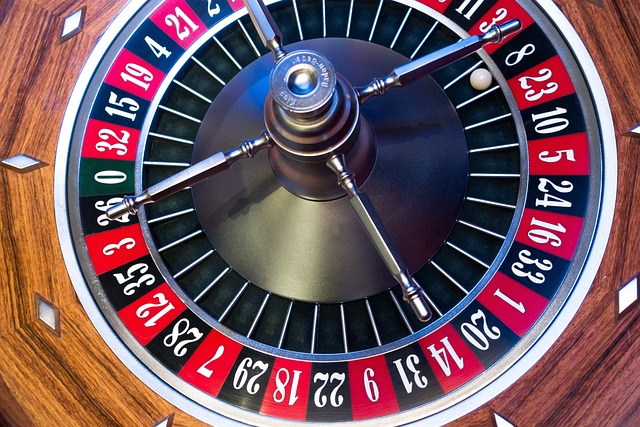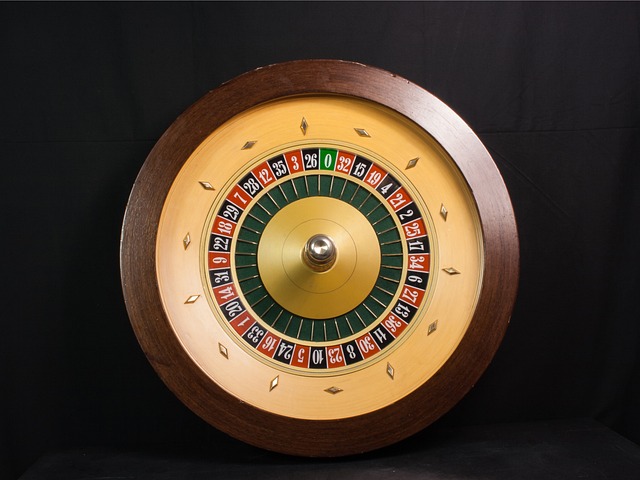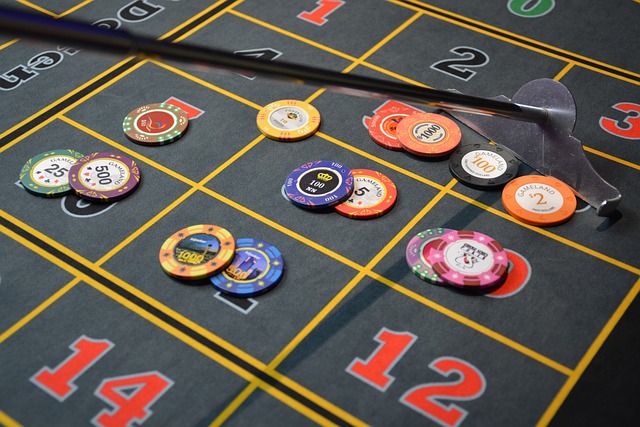Roulette players employ various systems like Martingale (high-risk doubling) or Fibonacci (conservative bet adjustments) to improve odds, but these don't guarantee success. Roulette remains a game of chance with a house edge. Implementing strategies requires careful bankroll management and understanding risk. Past results aren't indicative of future outcomes; diversifying bets and setting limits are crucial for responsible play.
Roulette, a game of chance and strategy, has captivated players for centuries. This article explores the world of roulette systems, providing an insightful guide for both novices and seasoned players. We’ll delve into the fundamentals of understanding roulette systems, analyze popular strategies, and uncover the risks and rewards associated with implementing them. Get ready to navigate the spinning wheels with confidence.
- Understanding Roulette Systems: The Basics
- Popular Roulette Strategies and Their Effectiveness
- Risks and Rewards: Implementing a Roulette System
Understanding Roulette Systems: The Basics

Roulette systems, in their essence, are strategies and rules that players employ to guide their bets in an attempt to increase winning chances at the roulette table. Understanding these systems is crucial for anyone looking to navigate the world of roulette. The basics revolve around recognizing patterns, managing bankroll effectively, and making informed decisions based on prior spins.
One common approach is the Martingale system, which suggests doubling your bet after each loss until you win. This strategy aims to ensure a win eventually, but it can be risky as potential losses accumulate quickly. Other systems focus on specific numbers or color combinations, tracking their occurrence over time with the belief that patterns will repeat. The key for any player is to choose a system that aligns with their risk tolerance and financial capabilities, as roulette remains a game of chance where no system guarantees success.
Popular Roulette Strategies and Their Effectiveness

Roulette is a captivating game that has captivated players for centuries, and the quest for winning strategies is an ongoing pursuit. Among the myriad of approaches, several popular Roulette strategies have emerged, each with its proponents and critics. One such strategy is the Martingale system, which involves doubling your bet after each loss until you win. This approach aims to recoup losses quickly but can lead to substantial financial risks if a losing streak persists. Despite its popularity, many experts argue that the Martingale system is not a sustainable long-term strategy due to its high volatility.
Another widely discussed method is the Fibonacci strategy, which is based on the Fibonacci sequence. Players adjust their bets according to this sequence after each outcome, adding the previous two numbers to determine the next bet size. This approach is considered more conservative compared to Martingale but still carries risks. Some players find it effective in managing their bankroll and reducing potential losses. However, like any Roulette strategy, there’s no guaranteed success, and the house edge remains a constant factor that cannot be overcome through these systems.
Risks and Rewards: Implementing a Roulette System

Roulette systems, while intriguing for many players, come with a distinct balance of risks and rewards. Implementing a system can seem appealing, promising consistent profits or reduced losses. However, the casino’s edge remains a constant factor; no system can eliminate it entirely. The house always has an advantage due to the random nature of roulette spins, making any strategy a long-term gamble.
Risking money on a Roulette system requires careful consideration. It might offer potential for increased winnings, but there’s also the very real possibility of consecutive losses. Players should approach these systems with caution, understanding that past performance doesn’t guarantee future outcomes. Diversifying bets and setting strict budget limits are essential strategies to mitigate risks while enjoying the thrill of implementing a Roulette system.
Roulette systems, while offering potential advantages, come with risks. Each strategy has its own effectiveness, catering to different playing styles. Before implementing any system, understand the risks and rewards involved. As you explore these strategies, remember that roulette is a game of chance, and past results don’t guarantee future outcomes. Choose a system that aligns with your risk tolerance and always play responsibly.






